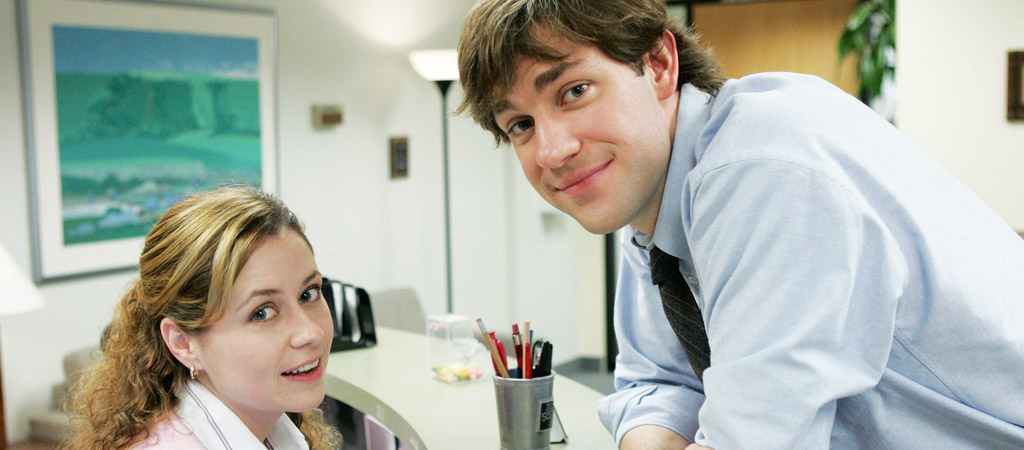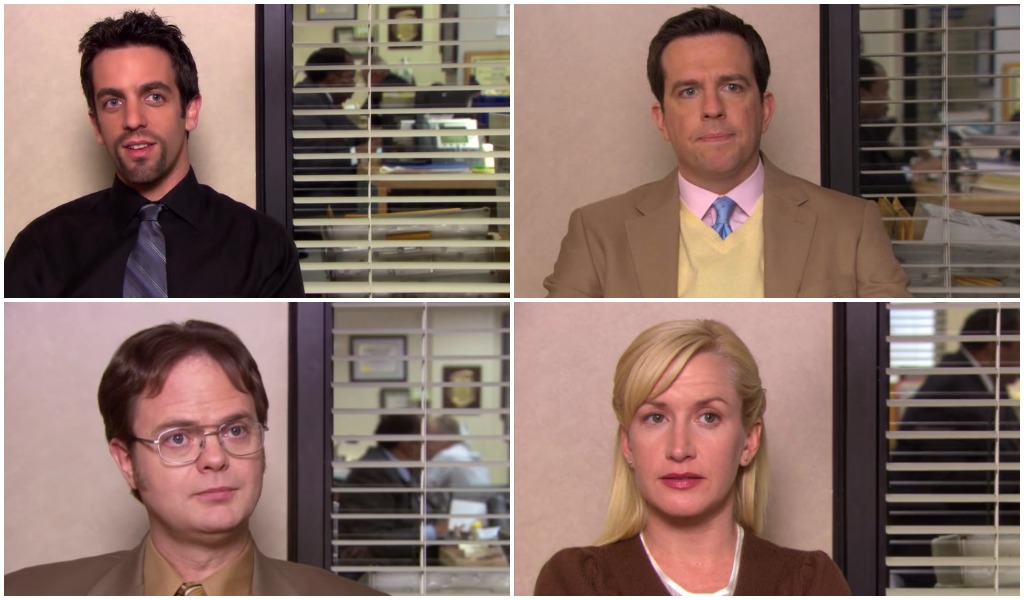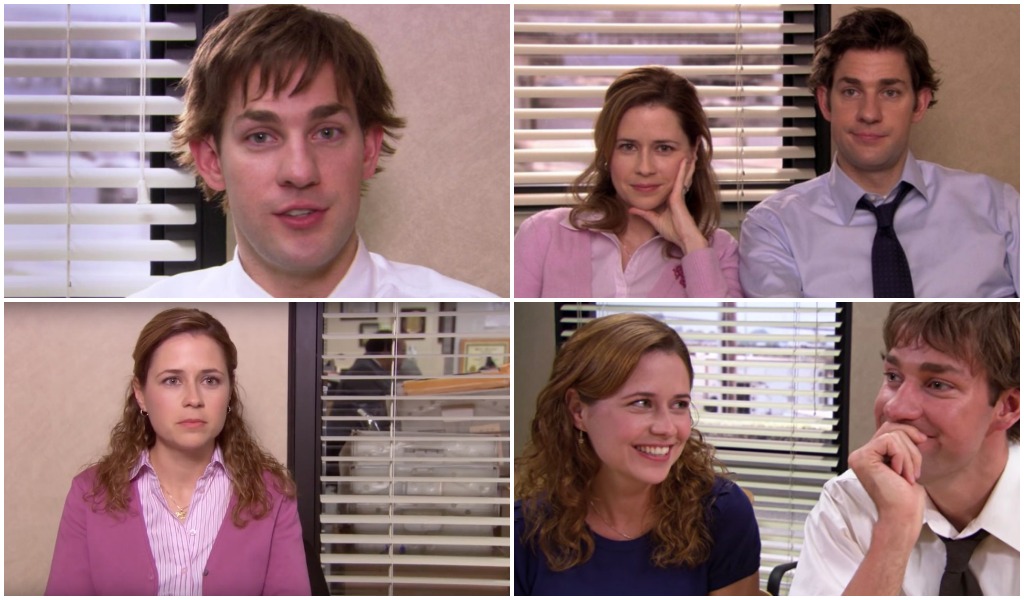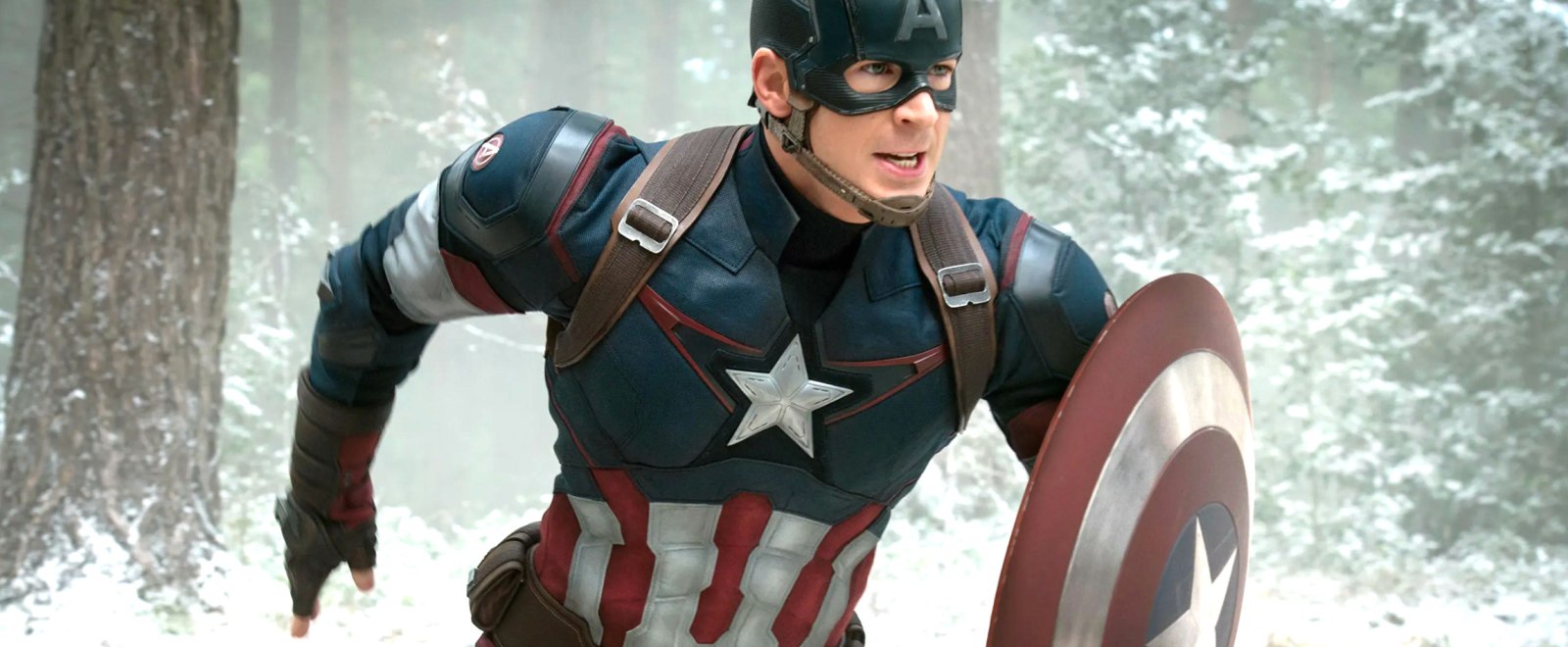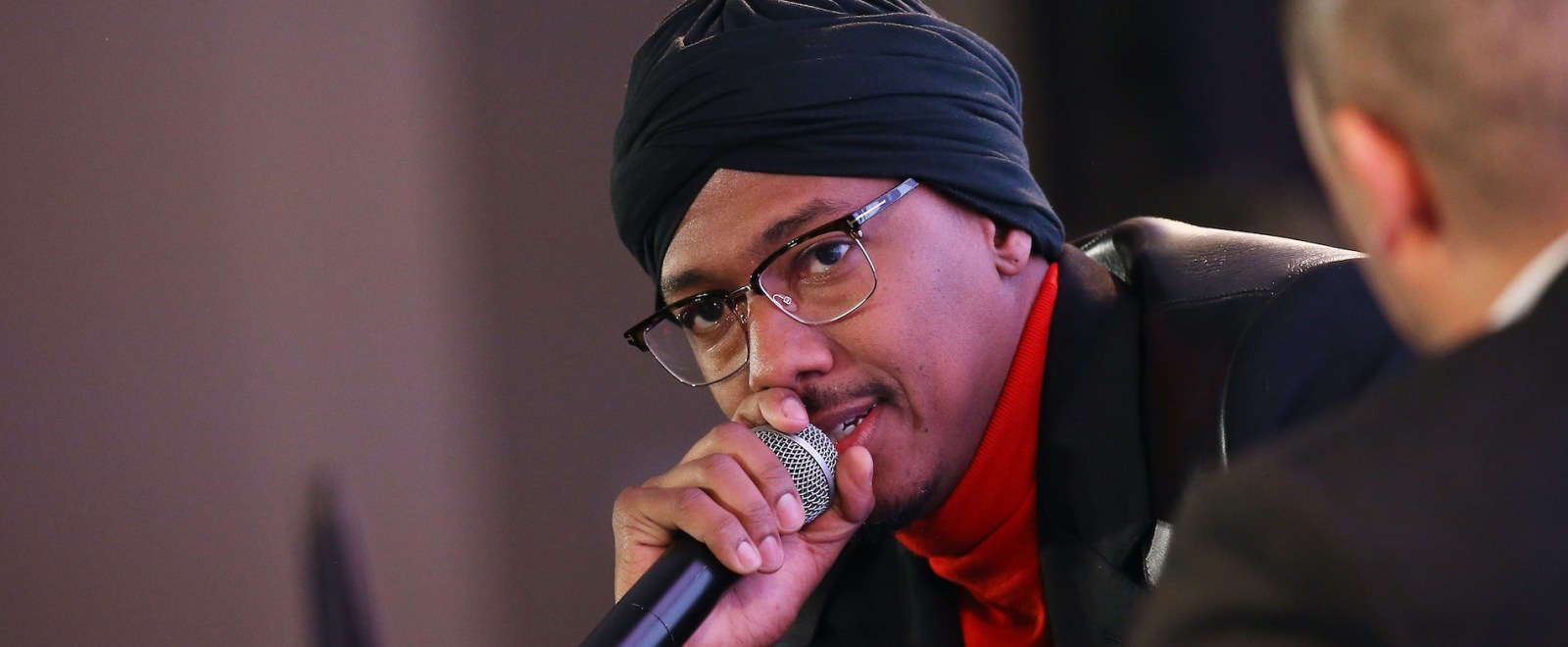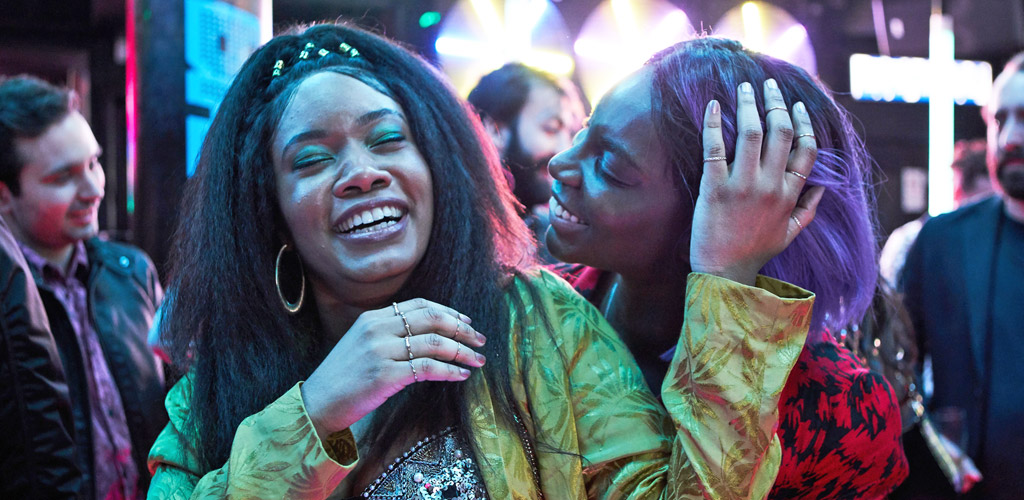
It was around the first week of April that the nightmares started, nightmares that persist to this day. I’ve come to notice there are two kinds of tweets about the pandemic: those from people who were in New York City in April, and those from people who weren’t in New York City in April. And I’ve become very good at being able to tell which category any given tweet might fall into. There’s a special kind of urgency from those of us who were in New York City in April, shouting as loud as we could to take all this seriously because I promise you don’t want to experience what we did. The sirens really were nonstop. Mass graves were dug. Trucks full of bodies were parked on the streets. I remember one week, the worst week, when my only goal was hoping we didn’t get sick that week, because the chances of getting treatment seemed poor. If we were going to get sick, please let it be another week. The impact of that month is only starting to hit me lately. At the time, you just kind of do it. But, I don’t sleep well. I suspect I’ll have nightmares about that month the rest of my life.
As the pandemic rages through other parts of the United States, it’s hard not to feel despair. At least, I thought, others will look at what happened to us and take the necessary precautions to make sure that it doesn’t happen elsewhere. Though, even then, when I’d talk to friends not in New York, there was always an underlying sense that this was “a New York thing” and certainly couldn’t happen to them. It is really frustrating trying to warn people of something that is so real, so dangerous, yet they refuse to listen. Anyway, yes, when someone tweets about the pandemic, I can tell right away if they were in New York City in April. You can still read the fear.
It was pretty early on that I realized my life as I knew it was over for the considerable future. This seems to be something a lot of people are still struggling with and actively trying to resist, which is leading to a whole host of problems. And I’m not talking about the frontline workers who are bravely showing up every day to keep things going, I’m talking about the idiots putting those frontline workers in jeopardy because they don’t like wearing a mask, or think they can still have a robust social life during a pandemic. So, yes, it was early on I conceded this would be the lost year. (I am still holding out hope it’s only a year.)
But then, I thought, what if it wasn’t a “lost” year?
There’s no way around the fact we’ve all been dealt a bad hand right now, even though there still seem to be plenty of people out there who still think they can win with a pair of twos. So, I made a pact with myself that, after all this is over, I wanted to be able to look back on it and think, well, at least I did that. When this all first started there was the whole King Lear meme, but I wanted to be realistic. (And I knew whatever my version of King Lear drivel I came up with in my current headspace, would turn out more like “The Big Heist,” the book Chevy Chase writes in Funny Farm.)
So, we’ve all been there. Those awkward moments when someone references a movie we haven’t seen, but we totally should have seen, and we just kind of play along, “Oh, yeah, what a line!,” even though we haven’t seen that particular movie. What if I compiled a list of pretty much every time this has ever happened and watch them all? What if I filled every movie blind spot I have? What if I watch every movie that I’ve either watched to see and never got around to it, or just plain feel guilty I’ve never seen? What if, after all this is over, I have another decade’s worth of pop culture knowledge I didn’t have before, all crammed into one year?
So, now, about three and a half months into this, I’ve watched 173 movies. Some of these are new streaming movies I’ve watched for work. Some are movies I’ve seen before. (Weekend nights are usually reserved for stuff I’ve seen before, but just want good escapism.) But before this started, two of my biggest blind spots were Robert Altman movies and Humphrey Bogart movies – I would consider neither of these to be “blind spots” anymore. I’ve become a bit obsessed with all this. On the nights I don’t watch something, I feel kind of guilty. Like, I’ve been “given” all this extra time and I need to do something with it. Which is also why I get so frustrated with the people we see without masks, trying to live their lives like before. Not just for the obvious health risks to others, but also, this is your chance to go do something productive. But, instead, they’d rather stand around and whine about how they don’t like masks.
But something weird has happened. With no movies in theaters, old and new movies have morphed together into one conglomerate. There are no longer new movies and old movies. All of a sudden, since there are no new movies in theaters, every movie was now released in 2020. Everything is fair game. A few years ago, a friend of mine was working on a story about how if movies stopped getting made, the average human being would still have enough classic movies they haven’t seen to last a lifetime. When he told me that, I found that fascinating, because it’s true. But it was also unrealistic, because movies weren’t going to stop and the impulse is to watch the latest, greatest thing and not something from the past we haven’t seen.
But movies did stop. And it’s a fascinating effect. (Even if you look at the box office numbers right now, The Empire Strikes Back, Gremlins, Black Panther, and Jurassic Park are all in the top 10.) And I don’t think I’m alone here because when I peruse through people’s Letterboxd accounts, I see a lot of similar journeys. All of a sudden, movies stopping has created this weird time vortex where the date a movie released no longer matters. It’s all “now.” When I someday look back on 2020, and I bet I will quite a bit, I’ll remember April. I’ll always remember the fear. But I’ll also remember it as when both Palm Springs and Key Largo came out in the same year. It’s the year both Da 5 Bloods and California Split came out.
There are no longer new movies and old movies, there are only movies that help us get by and, at least, give us something to hold onto for now.
You can contact Mike Ryan directly on Twitter.

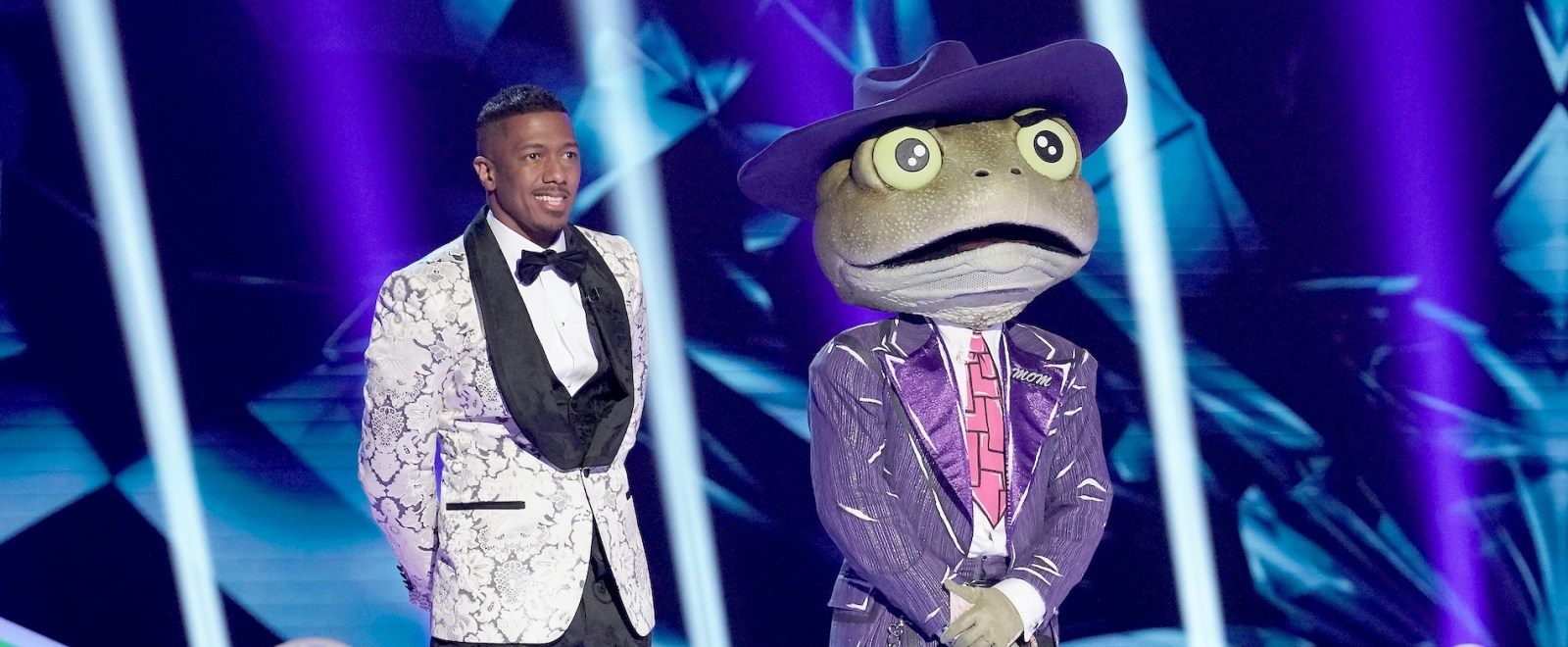
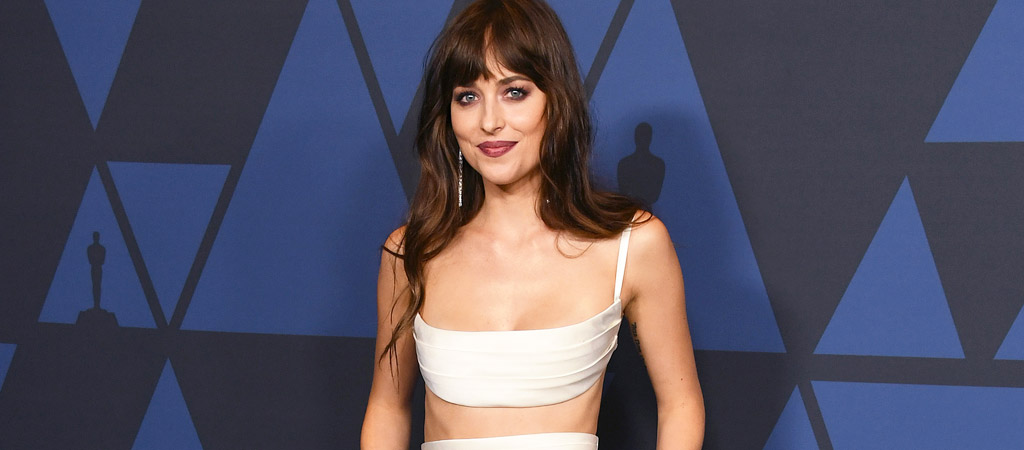

 (@Emilyalyssaxo)
(@Emilyalyssaxo) 
